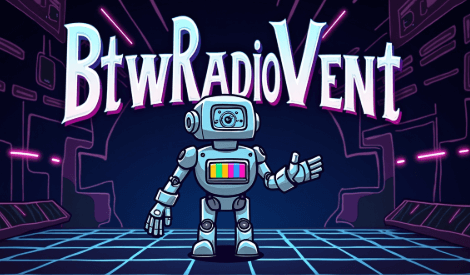How Virtual Reality Is Transforming the Gaming Industry
Virtual reality is fundamentally altering the landscape of gaming. It introduces immersive experiences that captivate players, fostering deeper emotional connections. As users navigate these virtual realms, innovative gameplay mechanics offer unprecedented levels of engagement and agency. Furthermore, the evolution of social interactions within these digital spaces raises intriguing questions about community and relationships. The implications of this transformation extend far beyond mere entertainment, prompting a closer examination of the future of gaming itself.
The Immersive Experience of VR Gaming
As virtual reality (VR) technology advances, the immersive experience of VR gaming captivates players in unprecedented ways.
This evolution fosters profound sensory engagement, allowing players to feel as if they genuinely inhabit digital worlds. Enhanced player presence heightens emotional connections to gameplay, transforming traditional gaming dynamics.
Such engaging environments empower individuals to explore freely, redefining the boundaries of interactive entertainment and personal agency.
See also: How Virtual Reality Is Enhancing Educational Experiences
Innovative Gameplay Mechanics and Design
While traditional gaming often relies on established mechanics, virtual reality introduces innovative gameplay designs that fundamentally alter player interactions.
With adaptive environments that respond to player actions, gamers experience a heightened sense of agency.
Coupled with intuitive controls, these elements create a seamless connection between player and game, fostering a unique engagement that challenges conventional notions of gameplay and exploration within virtual realms.
The Future of Social Interaction in Virtual Worlds
Innovative gameplay mechanics in virtual reality pave the way for a transformative landscape of social interaction within these immersive environments.
As players engage within virtual communities, the use of social avatars enhances personal expression and fosters deeper connections.
This evolution promises to redefine relationships, allowing individuals to interact freely and authentically, ultimately shaping the future of social dynamics in gaming and beyond.
Conclusion
In conclusion, the advent of virtual reality has significantly reshaped the gaming landscape, akin to the invention of the printing press revolutionizing literature. As players delve into immersive environments, innovative mechanics enhance agency and foster genuine connections within virtual communities. This transformation not only elevates gaming experiences but also redefines narratives and social interactions. As the industry evolves, the potential for deeper engagement and emotional resonance continues to expand, promising a vibrant future for both players and creators alike.







